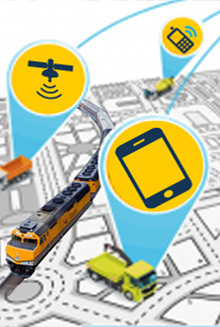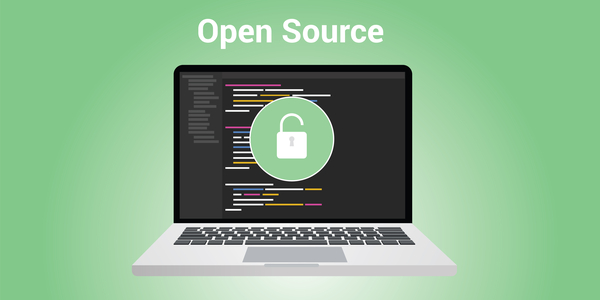As enterprises the world over go digital, one area that has already been ‘digitized’, at least partially, for some years now is that of marketing. Digital Marketing using channels such as e-mail, social media, and the web is fairly widespread and growing rapidly.
I can recall a recent conversation with the MD of a Realty firm, where he mentioned that he reduced his print marketing spend for newspaper ads by around 90% in the last one year alone. He’s allocating funds to digital marketing (such as sponsored ads on facebook) and seeing the same or better results at much reduced marketing investments.
While Digital Marketing is certainly better than traditional media, there are still some limitations. These are typically related to the fact that the marketing approach, even with digital marketing, still remains predominantly Business to Consumer or B2C. In the digital era, what’s really needed, and missing, is a Consumer to Business or C2B approach which results in a two way, interactive dialogue or engagement between the brand and consumer. It is such engagement that can result in deep business insights related to how consumers perceive the brand and its products.
What are the limitations which arise in digital marketing from the lack of a C2B or engagement oriented approach?
Email Marketing: Brand Promotions over email are fairly well known and all of us are the recipients for these. However there are three limitations in email marketing today. One is the lack of personalization or ‘Blind Emails’ – involving the same message going to all recipients regardless of their background and preferences. Second is that results regarding the campaign reach are at most based on ‘Read Receipts’ and not really on reactions to and impact of the message. Third is that it is extremely difficult to get meaningful business insights since there is typically no ‘backward channel’ from the consumer to brand. Even if consumers respond to emails, you need to have separate software to receive responses, parse them, and analyze them using text analytics engines – an expensive and time consuming approach.
Social Media: Brand and product related (sponsored) posts on social media channels such facebook and twitter are increasingly common these days. However even with a channel such as facebook, ‘Engagement’ today typically means Likes, Shares and Comments. Let’s say you have 5 million likes for your brand page. So what? Where do you go from there? The situation is similar with twitter too. You can find who is marking a tweet as a favorite, or who is retweeting, but not much beyond.
Web: For more than fifteen years now, brands have had a de facto web presence. However, again the messaging approach has been primarily B2C – the web is mainly a channel to ‘push’ information at the consumer. Some web sites have a ‘feedback’ feature where they try to collect some consumer data – however this is typically related to the site itself and rarely to the brand or the products from the brand. The result? Generating meaningful consumer insights that can help the brand in their marketing strategy, is extremely difficult.
What then is the way forward? My recommendation would be to disrupt ‘traditional’ digital marketing by focusing, at the very outset, on consumer engagement rather than consumer communication. The need of the hour is for innovative approaches and software platforms that provide a way for brands to collect consumer insights, with the consent of the consumer of course. If this can be done in a transparent manner while at the same time making it fun for the consumer to participate in such ‘engagements’, the limitations of today’s digital marketing techniques can be overcome. Brands need to plan their marketing strategy keeping the C2B channel in mind. Campaign plans, execution and measurement of effectiveness should also be based on business insights generated from direct consumer interactions.
In my opinion, the future of marketing is digital and the future of digital marketing is consumer engagement.
Related Video

Shantanu is a former Happiest Mind and this content was created and published during his tenure.








